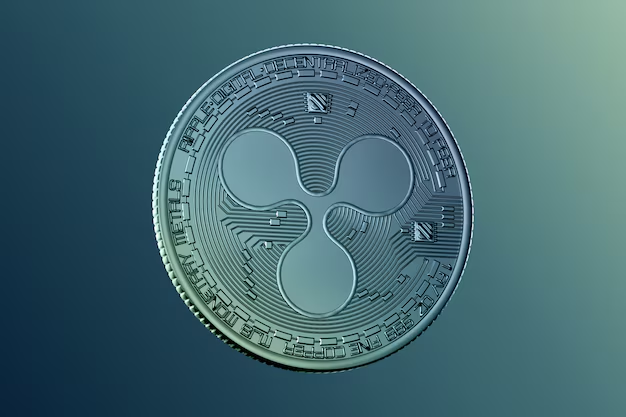Schoof’s administration had begun with excessive expectations — exemptions on asylum, nitrogen and nature guidelines, and a decrease contribution to the EU finances — however the actuality in Brussels proved unforgiving. The Netherlands usually discovered itself remoted, and its makes an attempt to safe “opt-outs” have been quietly deserted.
A Jetten premiership might reverse this sample. Although equally pragmatic, even Schoof’s predecessor Mark Rutte was in the end cautious, cautious of treaty reform and collective borrowing. However Jetten alerts a readiness to go additional, as D66 sees the Netherlands as a pure bridge-builder and a key participant in European integration.
Furthermore, a part of the Schoof authorities’s weak spot was its lack of European expertise. A technocrat with out get together backing, he struggled to construct political capital in Brussels. Jetten, in contrast, is well-connected. Like Rutte, he belongs to Renew Europe group, the liberal alliance related to French President Emmanuel Macron — a hyperlink that after amplified Dutch affect past its dimension.

After all, at the moment even this community has turn out to be fragile. Macron’s home troubles have diminished his clout in Brussels, and with it, the gravitational pull of the liberal camp.
In the meantime, Brussels itself is extra fragmented than ever. European politics has turn out to be a patchwork of competing nationwide priorities, with southern members demanding extra collective funding, northern international locations — together with the Netherlands — nonetheless preaching fiscal self-discipline, jap members prioritizing protection and safety, and western governments centered on industrial coverage and competitiveness.
Then, there are the exterior pressures to contemplate: The U.S. expects Europe to shoulder extra of its personal protection, whereas China is forcing the bloc to rethink its financial dependencies.














